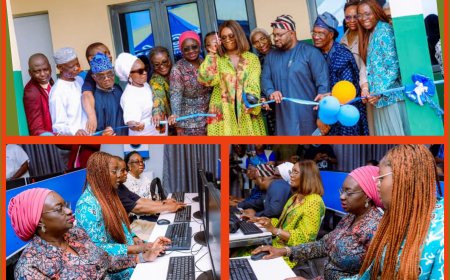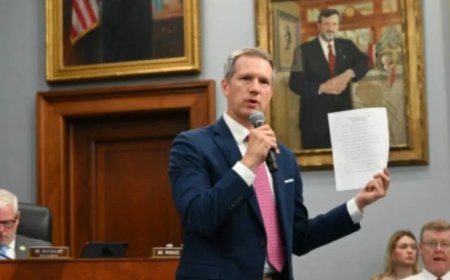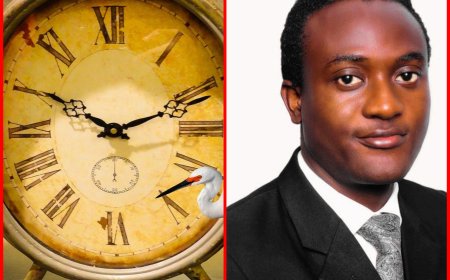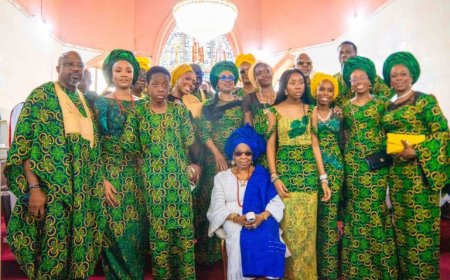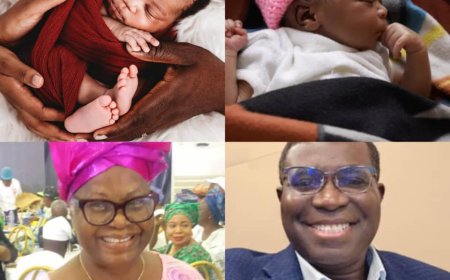Despite The Rise of Digital Platforms, Tools, Loneliness Killing Over 871,000 People Every Year – WHO Reports

By: Israel Adeleke
OPEN TELEVISION NAIJA (OTN) News reports that a new global report released by the World Health Organisation (WHO) has revealed that loneliness is responsible for more than 871,000 deaths each year, equivalent to more than 100 lives lost every hour, highlighting what it describes as a “defining public health challenge of our time.”
OTN News further reports that the findings, published by the WHO Commission on Social Connection, underscore the far-reaching impact of loneliness and social isolation on individuals across age groups and societies.
The report emphasized that strong social ties are critical to well-being and longevity, while the absence of meaningful relationships significantly increases the risk of chronic illnesses, mental health conditions, and premature death.
“People with weak social connections are more prone to heart disease, stroke, diabetes, depression, and even early mortality,” the report notes, adding that the consequences of loneliness are comparable to smoking 15 cigarettes a day.
The youth advisor to the African Union and co-chair of the WHO Commission, Dr. Chido Mpemba, expressed concern over what she called a troubling paradox: in an age of expanding digital access, more people, particularly youth, report feeling emotionally disconnected.
“Loneliness is increasingly affecting young populations. While technology connects us, many young people still feel isolated. It is critical to integrate social connection into digital policies, education, employment, and health care systems,” she said.
The report defines social connection as the quality and quantity of relationships people have and how they interact with others.
Loneliness is described as the distress felt from a gap between desired and actual relationships, while social isolation refers to the objective absence of social ties, according to the report.
While loneliness is often associated with older adults, the report shows it is a growing concern among the young.
Between 17% and 21% of individuals aged 13 to 29 reported feeling lonely, with the highest rates observed among teenagers.
Furthermore, one in three older adults and one in four adolescents are socially isolated, the report added.
The report identifies people with disabilities, migrants, and ethnic minorities as particularly vulnerable, often facing additional barriers such as discrimination, exclusion, and lack of accessible infrastructure.
WHO Director-General Dr. Tedros Adhanom Ghebreyesus, warned of the growing cost of loneliness, both socially and economically.
He said, “If we fail to act, we risk billions in healthcare and productivity losses. This report is a wake-up call to prioritise social connection as a fundamental human need and public health imperative.”
Despite the proliferation of digital platforms, the Commission cautioned against excessive screen time and harmful online experiences, especially for youth, noting that these can worsen mental health issues like anxiety, self-harm, and suicide.
To confront the crisis, the Commission laid out a five-point global roadmap aimed at: Embedding social connection into national and global policies, Raising public awareness, Implementing targeted programs and interventions, Improving tools to measure loneliness and connection — including the development of a Social Connection Index, and Engaging diverse stakeholders to shift societal norms and reduce stigma.
The WHO has, however, called on governments, communities, and individuals worldwide to act collectively and urgently, stating that prioritising social connection can transform lives, improve health outcomes, and build more resilient societies.
What's Your Reaction?













